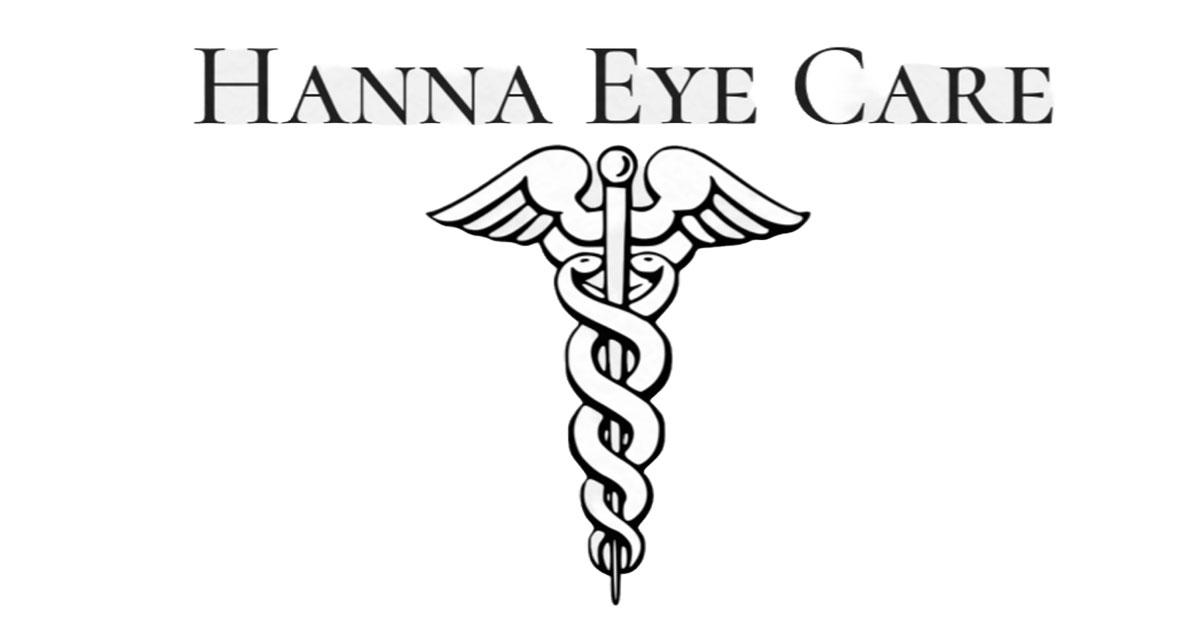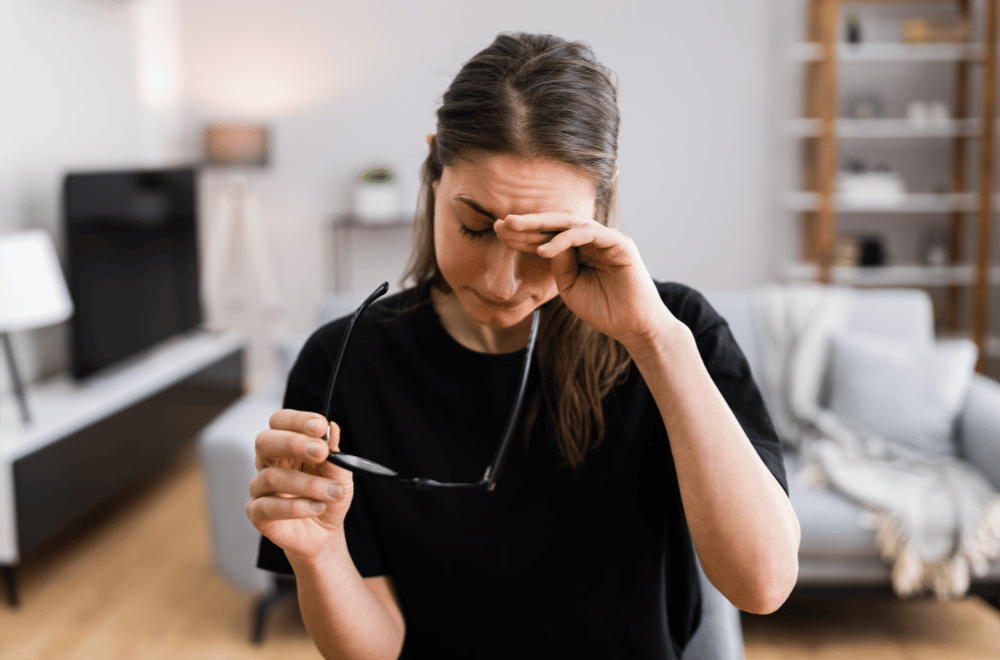Are you frequently reaching for eye drops throughout the day to relieve dry, irritated eyes? You may have a condition called dry eye, which happens when your eyes don’t make the right quantity or quality of tears to keep your eyes moist. Many people suffer from dry eye without knowing the underlying cause. Identifying what is causing your symptoms is crucial to finding the best treatment. Keep reading to learn about common causes of dry eye and what you can do to find relief.
Environmental factors
One of the most common causes of dry eye is exposure to environmental factors such as wind, smoke, allergens, and dry air. Spending long hours in front of a computer screen or under fluorescent lights can also contribute to dry eye symptoms. To prevent these issues, try using a humidifier in your home or office, taking breaks from staring at screens, and wearing sunglasses to protect your eyes from harsh winds.
Aging
As we get older, our bodies produce fewer tears, leading to an increased risk of developing dry eye. Hormonal changes during menopause can also exacerbate this issue for women. To combat age-related dry eye, consider using artificial tears or lubricating eye drops to keep your eyes moist and comfortable. If over-the-counter eye drops are no longer providing the relief you need, our eye doctor in Jacksonville can recommend the best treatment for your specific case.
Medical conditions
Certain medical conditions such as thyroid disease, autoimmune diseases like Sjogren’s syndrome, diabetes, or rheumatoid arthritis can cause inflammation and damage to the tear-producing glands in the eyes, resulting in dry eye. If you have an underlying medical condition that may be contributing to your dry eye symptoms, it’s important to work closely with your healthcare provider to manage both the condition and its effects on your eyes.
Medications
Some medications have side effects that can lead to dry eye. Common culprits include antihistamines, decongestants, antidepressants, birth control pills, and medications for high blood pressure. If you suspect that your medication may be causing your dry eye symptoms, talk to your doctor about alternative options or ways to manage this side effect.
Hormonal changes
Fluctuations in hormone levels due to pregnancy or menopause can disrupt the balance of tear production in the eyes, leading to dryness and discomfort. Women are more likely than men to experience hormonal-related dry eye issues. Managing hormonal changes through hormone therapy or other treatments may help alleviate these symptoms.
Understanding what causes your dry eye is the first step toward finding relief and improving your overall comfort and vision health. At Hanna Eye Care, our dry eye specialist in Jacksonville, Florida is here to help diagnose the root cause of your dry eyes and provide personalized treatment options. Whether it’s environmental factors, aging-related changes, or something else contributing to your symptoms, we have the expertise and advanced technology to help you manage this condition effectively. Give us a call today to schedule your evaluation!




